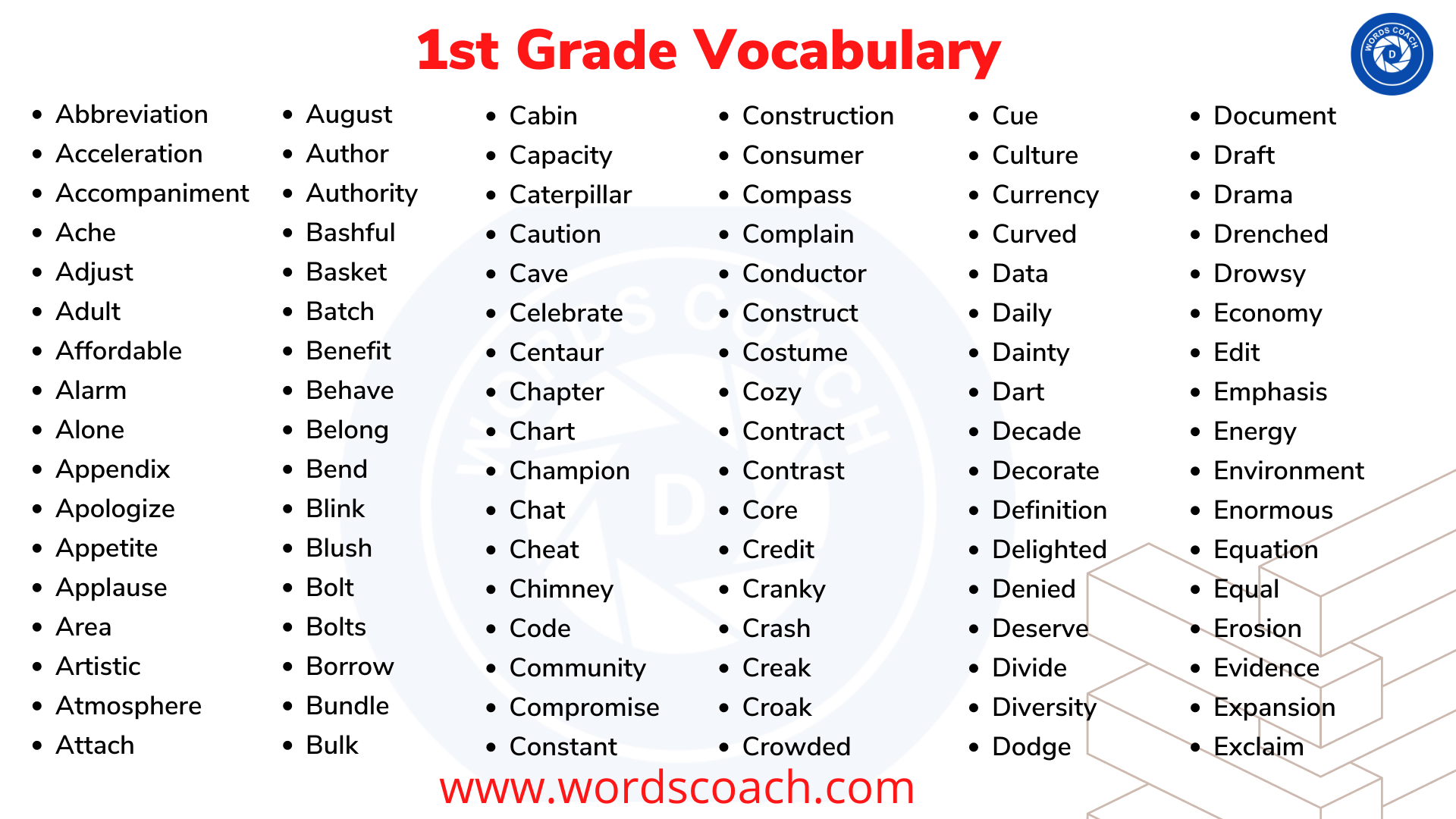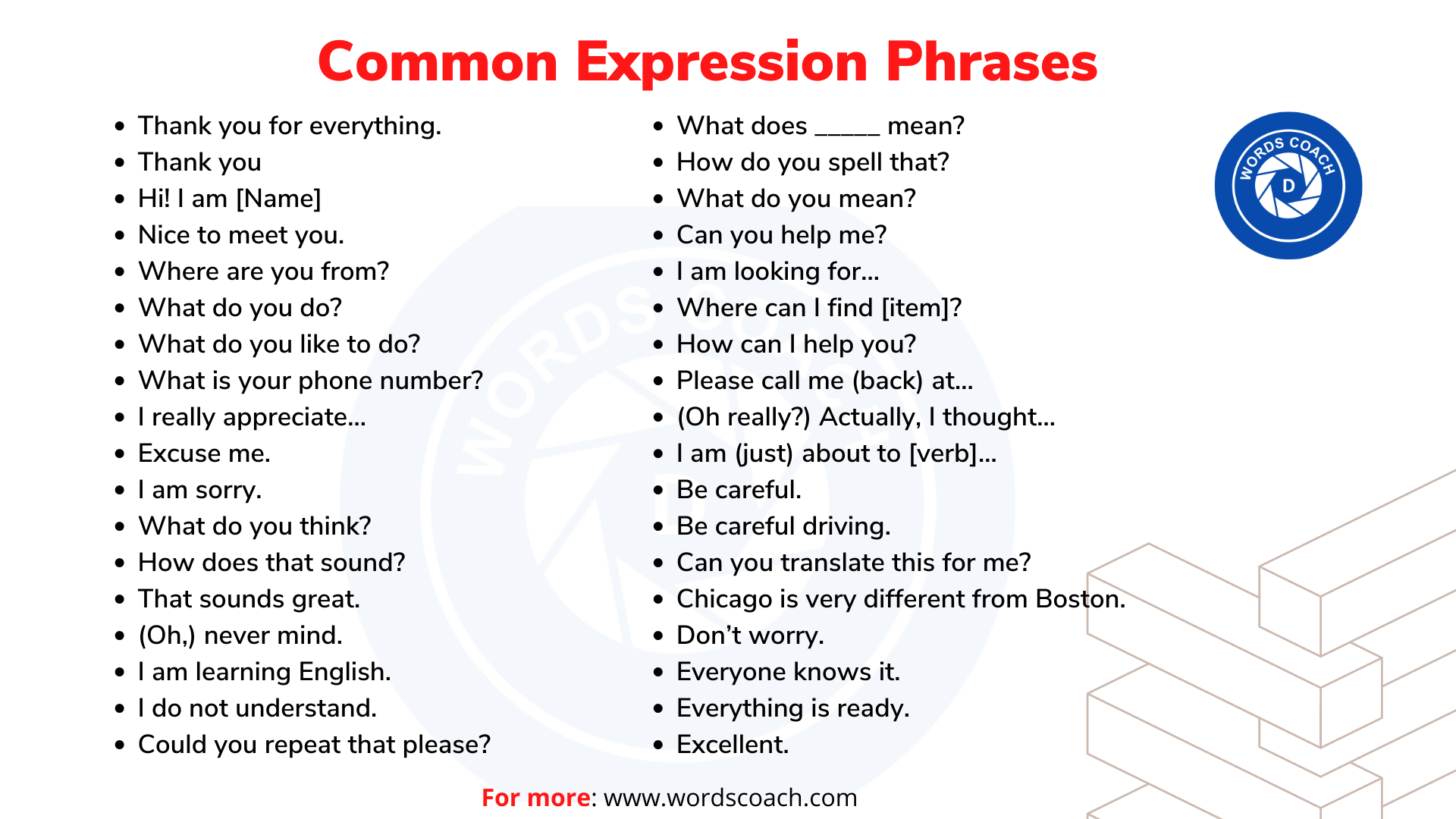English Idioms For Beginners
Learning English can be challenging, especially when it comes to idiomatic expressions. Idioms are phrases where the meaning isn’t always clear from the words themselves. For beginners, idioms can seem confusing, but once you understand them, they add color and flair to conversations.
In this blog, we’ll introduce common English idioms for beginners, explaining their meanings and how to use them in everyday conversations.
What Are Idioms?
Idioms are phrases or expressions that have a figurative meaning, different from the literal interpretation of the words. For example, “it’s raining cats and dogs” doesn’t mean animals are falling from the sky—it just means it’s raining heavily!
Now, let’s explore some of the most common idioms that beginners can learn to use confidently.
List of English Idioms For Beginners
- A bad apple
- A blessing in disguise
- A piece of cake
- A storm in a teacup
- Actions speak louder than words
- Add fuel to the fire
- Add insult to injury
- Beat around the bush
- Better late than never
- Bite the bullet
- Break a leg
- Break the ice
- Burn the midnight oil
- Burning the candle at both ends
- By the skin of your teeth
- Call it a day
- Come rain or shine
- Costs an arm and a leg
- Cry over spilled milk
- Cut somebody some slack
- Cut to the chase
- Cutting corners
- Hang in there
- Hit the books
- Hit the nail on the head
- Hit the sack
- Let sleeping dogs lie
- Let the cat out of the bag
- On cloud nine
- Once in a blue moon
- Piece of cake
- Pull someone’s leg
- See eye to eye
- Spill the beans
- The ball is in your court
- Through thick and thin
- Throw in the towel
- Under the weather
English Idioms For Beginners with Meaning and Example
1. Break the ice
Meaning: To start a conversation in a social setting, especially when people are meeting for the first time.
Example: “At the party, Sarah told a joke to break the ice and make everyone feel more comfortable.”
2. Hit the books
Meaning: To begin studying, usually with great focus.
Example: “I need to hit the books tonight because I have an exam tomorrow.”
3. Piece of cake
Meaning: Something very easy to do.
Example: “The math test was a piece of cake for me!”
4. Let the cat out of the bag
Meaning: To accidentally reveal a secret.
Example: “We were planning a surprise party for Jack, but someone let the cat out of the bag.”
5. Costs an arm and a leg
Meaning: Something that is very expensive.
Example: “That designer handbag costs an arm and a leg!”
6. Under the weather
Meaning: Feeling ill or sick.
Example: “I didn’t go to work today because I was feeling under the weather.”
7. Hit the nail on the head
Meaning: To describe something exactly or to be correct about something.
Example: “You hit the nail on the head when you said that project would be challenging.”
8. Spill the beans
Meaning: To reveal a secret or sensitive information.
Example: “I didn’t mean to spill the beans about the surprise!”
9. Bite the bullet
Meaning: To face a difficult or unpleasant situation with courage.
Example: “I don’t like going to the dentist, but I’ll have to bite the bullet and make an appointment.”
10. Burn the midnight oil
Meaning: To stay up late working or studying.
Example: “She’s been burning the midnight oil to finish her project before the deadline.”
11. Once in a blue moon
Meaning: Something that happens very rarely.
Example: “My brother visits us once in a blue moon, but when he does, it’s always fun.”
12. On cloud nine
Meaning: Extremely happy or joyful.
Example: “She’s been on cloud nine ever since she got promoted at work.”
13. Burning the candle at both ends
Meaning: To work excessively hard without rest, often at both day and night.
Example: “He’s been burning the candle at both ends trying to manage two jobs.”
14. Hit the sack
Meaning: To go to bed.
Example: “I’m exhausted. I think I’ll hit the sack early tonight.”
15. The ball is in your court
Meaning: It’s up to you to take action or make a decision.
Example: “I’ve done everything I can to help; now the ball is in your court.”
16. Pull someone’s leg
Meaning: To joke or trick someone in a playful way.
Example: “Relax, I’m just pulling your leg! Of course, I wasn’t serious.”
17. Cut to the chase
Meaning: To get to the point without wasting time.
Example: “Let’s cut to the chase—how much is this going to cost?”
18. Throw in the towel
Meaning: To give up or admit defeat.
Example: “After losing the third game, the team decided to throw in the towel.”
19. Add fuel to the fire
Meaning: To make a situation worse.
Example: “Arguing with her only added fuel to the fire.”
20. Let sleeping dogs lie
Meaning: To avoid bringing up issues that might cause trouble or stir old conflicts.
Example: “I know we had issues in the past, but it’s better to let sleeping dogs lie.”
Idioms are a fun and essential part of learning English. They may seem confusing at first, but with practice, they will become second nature. Start by mastering these common idioms for beginners, and you’ll soon find yourself using them with confidence. Whether you’re hitting the books or hitting the sack, remember to keep practicing!






